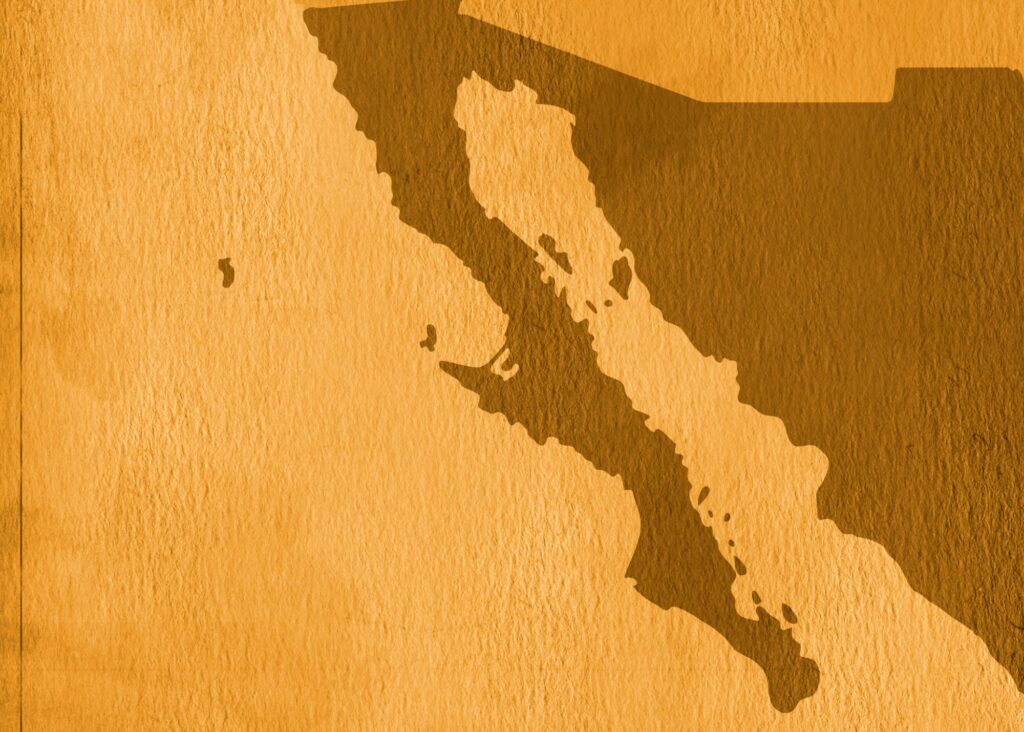Have you been threatened with a seizure of assets for debts? you need to read this Abogados Cabo’s post.
Agustin bought the apartment he wanted by requesting a loan from a bank, which approved his request without any major problem, but as time went by he fell behind in the payment of the installments, without reading what the loan contract stipulated about the consequences of this.
Notifications arrived from the entity about the overdue installments and the delinquency of these, but Agustin was focused on resolving his economic situation without thinking about what would come next: a lawsuit for seizure of assets.
Read on and find out everything you need to know about debt seizure in Mexico.

What is a garnishment of property for debt?
A garnishment is the “withholding of assets” from a debtor who has demonstrated delay or suspension of payments corresponding to a debt owed to a creditor (person or legal entity granting the credit or loan).
In Mexican law we can find two types of garnishments for debts, specifying in each case the nature of the debts:
- We have the precautionary seizure, which generally only occurs when there is a mortgage guarantee or when we have a real estate property as security for the debt. This type of seizure is applied in tax or fiscal matters by means of a civil judge who, after a judicial process, issues the seizure order.
But this type of seizure does not apply in the case of small debts such as credit card debts. For example, if you owe the State about 200 thousand pesos in taxes and you have a house worth one million pesos, it is very difficult to be seized to cover the small amount of the debt.
- The executive or judicial seizure is the second type of seizure and is carried out through a process in which a judge orders to retain the debtor’s assets, product of a lawsuit originated by a creditor in order to sell them and thus settle or liquidate the unpaid or uncollectible debt.
The step-by-step of the Judicial Garnishments
Before making the legal seizure, the debtor must have received notices for the cancellation of the installments owed, since this process is the last option to which the creditor must resort, however, he will know that he is in the presence of a seizure of assets for debts when the following process is carried out:

The creditor makes an enforceable demand.
The creditor is notified of this lawsuit (the date and time of the judicial process is specified).
Once the judicial process is completed and determined by a judge’s decision, the assets are seized.
- The creditor requests a seizure with public force, if the debtor has made opposition for the execution of the seizure.
- The assets are removed or withheld.
- They are auctioned, either in the presence of a public auctioneer or before the judge.
- Once the money is obtained from the auction, the amount of the debt is cancelled.
- Debt settlement companies: An option to prevent foreclosure
- Of course, it is possible to avoid foreclosure. This type of company specializes in providing legal and financial advice so that the debtor can pay off his debts under a financial planning scheme where, according to his income, a portion is set aside for savings.
- In addition, the debt repair companies are able to negotiate with creditors with the intention of obtaining discounts on the debt incurred.
Debt Relief Companies: An Option for Preventing Foreclosure
Of course, it is possible to avoid foreclosure. This type of company specializes in providing legal and financial advice so that the debtor can pay off his debts under a financial planning scheme where, according to his income, a portion is set aside for savings.
In addition, the debt repair companies are able to negotiate with creditors with the intention of obtaining discounts on the debt incurred.
Frequently asked questions about debt repossession in Mexico

The following are the most frequently asked questions about the debt collection process that Mexicans ask on the Internet.
- Who uses garnishment as a means of collection?
Financial institutions (banks) or companies that grant loans.
- With what intention is a garnishment made?
With the intention of claiming the payment of a debt that has not been paid in the stipulated time, nor in the fixed installments.
- Who must authorize a seizure?
A judge, so it is the result of a judicial process.
- When is garnishment a collection option?
It is used as a last option to claim payment of a debt that has been uncollectible.
- What should the creditor company do before seizing assets?
Attempt to collect the loan through other means and notify the creditor of the delinquency and the uncollectibility of the loan.
- Does all garnishment require a lawsuit?
Yes, the seizure proceeds after a judicial process has been carried out where the judge determines and orders the seizure; and it is the company or legal entity that grants the loan to the debtor who must file this lawsuit.
- By whom must a garnishment order be signed?
By a judicial authority who will supervise the seizure of the debtor’s assets, i.e. by a judge.
- What assets can be seized?
Houses, land, valuable jewelry, pieces of art, vehicles, animals for sale, furniture and household goods (electrical appliances), wages and salaries and pensions of the debtor.

- What assets cannot be seized?
Goods that offer dignity to the debtor such as clothing, food, fuel, books and other texts that serve for the debtor’s professional practice, religious goods (Art 434 Federal Code of Civil Procedures) should not be seized.
- Does the debtor have to be present for the seizure to take place?
Indeed, the debtor must be at home at the time of the seizure, but if the debtor intentionally refuses to be at the place so that the seizure does not take place, the activity may be carried out with the presence of a witness.
- What happens if the value of the seized assets does not cover the entire debt?
The judge may decide a second garnishment unless the person proves that he or she does not possess the amount and files for bankruptcy.
- We know that more questions may arise about garnishment of property for debts; such as:
How much money can be garnished, can you be garnished if you have nothing in your name, can you be garnished if the person does not live at the address, can a car you are paying for be garnished, among other doubts that you can solve when you discuss your case with one of our garnishment attorneys.
Do you need a lawyer?

Are you in Baja California Sur, Mexico? Todos Santos, Los Cabos, La Paz, Loreto, San Jose Del Cabo, Los Cabos, El Pescadero… Are you in Nuevo Leon, Mexico? Apodaca, Cadereyta Jiménez, El Carmen, García, San Pedro Garza García, General Escobedo, Guadalupe, Juárez, Monterrey, Salinas Victoria, San Nicolás de los Garza, Santa Catarina and Santiago…
At Cabo Lawyers we seek to satisfy the different legal needs of our clients, both in their business and personal matters. Contact us at: (+52)8119384461, where we will gladly advise you.
